WoW! Reset 2024: Do new things to reset your relationship
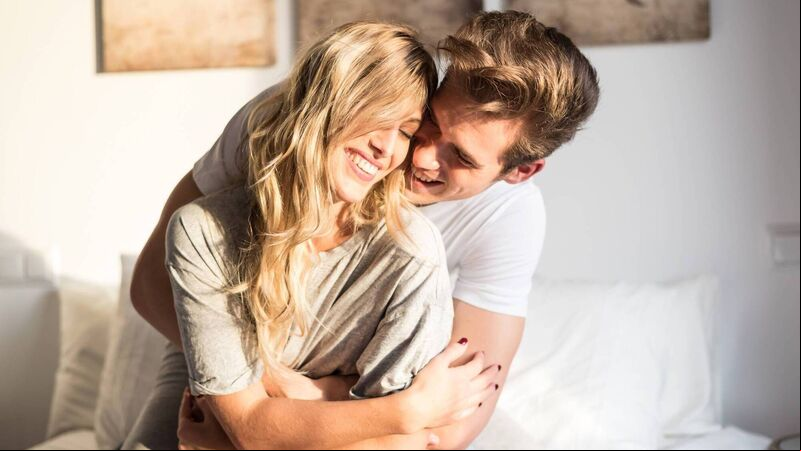
Cork experts share how to reset your relationships in 2024.
THERE is no such thing as the perfect relationship and in life your most important relationship is your relationship with yourself.
That is what experienced Cork-based relationship and parent mentor, Joan O’Connell believes.
“In many relationships there are certainly moments that may seem perfect where everything is aligned, and you feel totally connected to yourself and to the person you are with. But the need for perfection and perfectionism is a protective behaviour or need, and if our sense of worth and values is tied in to a need to be perfect, to have the perfect relationship, then we will always be unhappy with what we have,” said Joan.
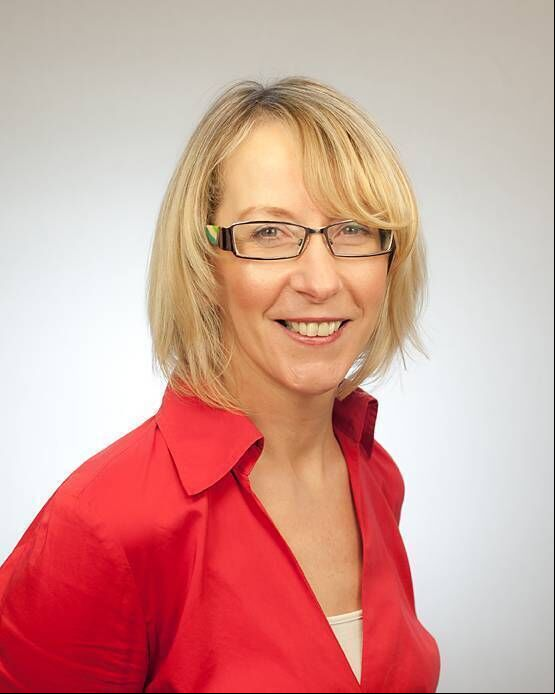
By constantly comparing ourselves and our relationships to what we think others have and judging ourselves on that, we’ll find fault.
“Relationships are meant to be messy, to change to evolve. There needs to be conflict so you can learn more about yourself and your partner. Life is always changing and so are relationships. It’s not about perfection but about the journey and how your relationship with yourself and your partner is evolving growing and changing all the time,” she points out.
Her suggestion for 2024 is to move away from making comparisons with what we see on Instagram or elsewhere and instead identify the things that you really love about your relationship, that are working well, that bring you pleasure, joy, that s you.
From her experience working with female clients, some common sources of conflict come from a feeling of ‘having to do it all.’
“Others common issues that come up are not feeling heard or seen by their partner/parent/boss/friend; not being able to say what they need/want out of fear of the other person’s reaction/response; or not even knowing their needs and suppressing their emotions and just carrying on.
However, she points out that conflict needn’t always be a problem: “Conflict and challenges can be an opportunity to deepen your understanding of yourself and your partner,” she said.

“It’s a chance for two individuals to examine their own interior worlds and to look at the insecurities and fears they are bringing to the relationship.”
Some solutions couples can try to apply to their situations include trying to separate the behaviour from the person.
“Reflect to understand what your needs are and to understand your behaviour/reaction/response and tell the other person what you need without the expectation that they will want choose or be able to meet your needs , we are responsible for meeting our own needs, so prioritise yourself and your needs.”
A good question to ask yourself, Joan suggests is: “Where are you in your relationship with yourself?”
“Are you jaded operating on auto pilot, disconnected from yourself, going through the motions?
Explore for yourself what would bring you joy, what would excite you to do for yourself? What would you love to do differently or change? And what is stopping you? We can only change our own behaviour, responses and how we live our own lives. We cannot change how other people turn up in the relationship.”
Take a while to sit with that, she says, and realise that it’s not about getting your partner to change.
“So, start 2024 by doing new things, stop taking you and your relationship for granted.
"It doesn't have to be something big it can be the smallest thing. You will feel more connected to yourself and fulfilled and that will be reflected in how you show up in your relationship with your partner.”
Encourage your partner to find what brings them joy – you don’t have to do the same thing! In fact Joan believes ‘alone time’ is important in a relationship to think, to feel, to just be.
“It’s not necessarily about spending time away from our partner and more about spending time with yourself getting to know yourself. It’s hard to spend time on your own just being because this is not something that was every encouraged or mirrored to us as children. In my own experience it was always ‘doing, doing, doing.’ If you weren't doing something you were lazy. But making that time to stop breathe, reflect even if it’s only five minutes is so nourishing for ourselves. I think what is more crucial in a relationship is realising that you are two separate individuals in that relationship with different needs and that each of you are responsible for meeting your own needs. That separateness in our relationship is what we need not dependency and enmeshment.”
“That means that if a crumb of love is sent your way you don't think immediately, ‘I need that crumb of love.’ If you are already in a place where you love and respect yourself, you feel worthy, you value and trust yourself, you know you are deserving of the best. If you have all of this for yourselves then that is what you will attract in a partner. Its won’t be about what they do or where they are from or how many boxes they tick on paper or on the online form from a wish list.”
Regardless of whether you’re in a long-term relationship, newly single, or looking for a partner it all starts with self-love.
“Self-love is about being our true selves, taking the time to get to know ourselves, reflecting on how we behave, our responses to different experiences. It’s about having boundaries and being able to express them clearly and honour them for ourselves. It’s about listening to what our bodies are telling us and listening to our thoughts. It’s about trusting ourselves to know what is right for us and noticing the type of relationship we have with ourselves. It is unconditional – kind, loving and encouraging with a curiosity to understand and get to know ourselves better.”
, she says, we all deserve to create a life we love for ourselves.
To Joan email [email protected] or see www.joanoconnellcoaching.com
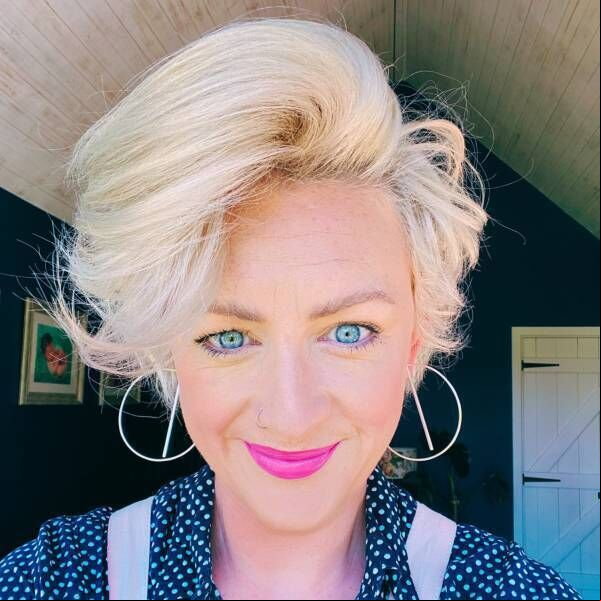
First, identify what a toxic relationship is ‘costing’ you: how it’s impacting your sleep, your moods, your other relationships. Is it causing you stress? Does it cause you to snap at other people in your life? Decide how much more of this you are prepared to tolerate.
In some cases, you can cut a toxic person out of your life entirely. But if the source is a family member, that’s not so easy.
Get out a pen and paper and write down what you want the other person to hear when you have this boundary-setting conversation. The first draft is usually very emotional. Rip it up! The second draft is more strategic. This is a good confidence-boosting practice for lots of other areas in life too.
When you have the conversation, be prepared for that person not to hear what you’re saying. But that’s not the measure of your success. you can’t change anything externally. You’re doing this for yourself. Say to yourself: ‘I used my voice; I spoke my mind and I’m proud.’
You must also be prepared to deal with the aftermath, and potential backlash for your behaviour, for being labelled as awkward. Quite often you may begin to doubt your actions, so you have to make sure your actions are sustainable. Stick to your guns and continue to call out bad behaviour. A simple sentence such as: ‘That’s not very helpful,’ or ‘I don’t appreciate that comment’ is better than letting bad behaviour fester at an occasion.
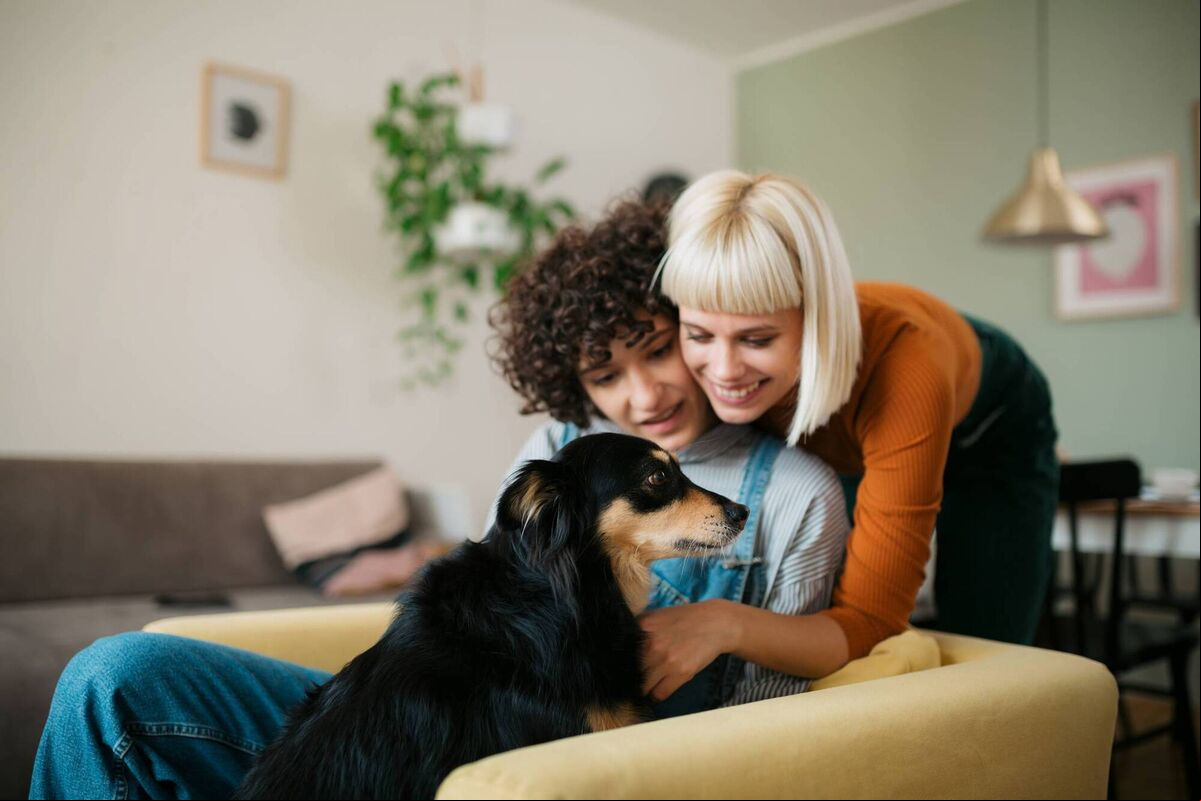
When it comes to friendships, it’s important to have the right people in your life. Ask yourself: how do you feel when you’re with a friend? Do they have the same core values as you? Life is too short to put with people who don’t respect you. If you tolerate bad behaviour it will impact your sense of worth. , you teach people how you want to be treated. For example, if you let people continually interrupt you at a meeting it tells those present that it’s ok to do that. Our actions are instrumental in creating boundaries and in how people see us. As women, we can struggle with being assertive in case we’re seen as ‘difficult’ or confrontational – but there’s a difference. We’re entitled to speak up. It may feel uncomfortable initially, but ultimately it’s empowering!
See Jennifer on Instagram at wellbeingwarrior.ie





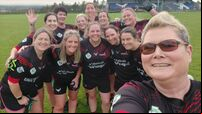




 App?
App?


